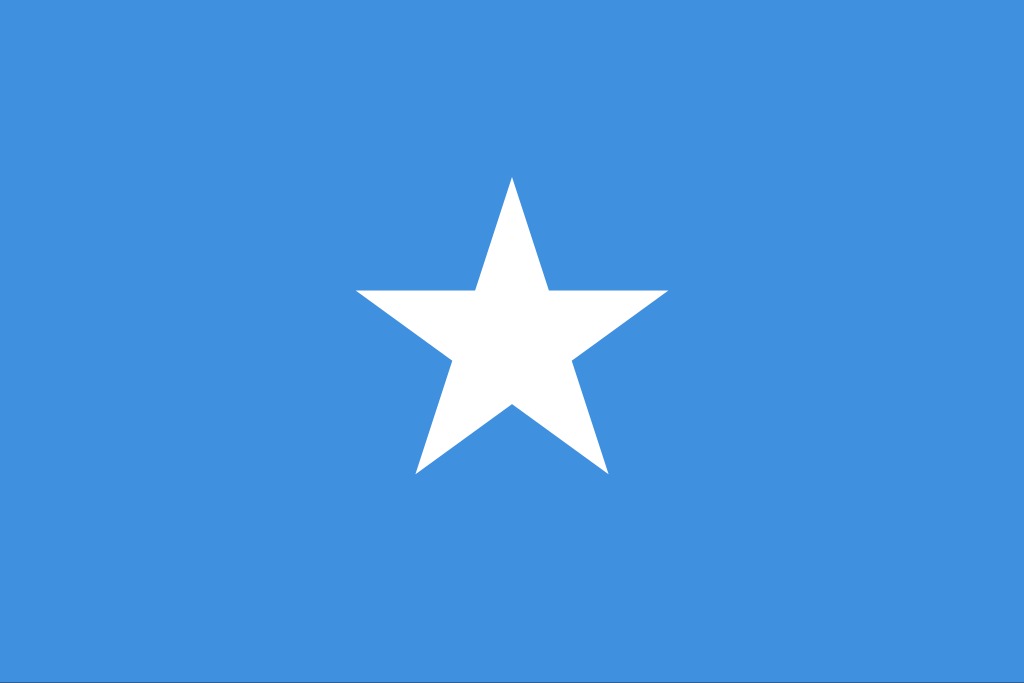The Power of Words: How Legal Translation Impacts Human Rights

In any society, language is more than a way to communicate—it’s a bridge to justice. In Somalia, where Somali, Arabic, and English are commonly used in legal, governmental, and community settings, language can be the difference between having your rights protected—or denied.
At Just Legal Services, we’ve seen firsthand how legal translation affects the lives of real people. A mistranslated court order. A misunderstood clause in a constitution. An affidavit that loses its intent when moved from Somali to English. These aren’t small errors—they can cost someone their land, freedom, or access to justice.
Why Legal Translation Matters in Human Rights
Legal documents are precise. A single word can define guilt or innocence, ownership or dispossession. In a country like Somalia, where many legal instruments are originally drafted in English or Arabic and must be interpreted into Somali for courts, lawyers, and citizens—the accuracy of translation is essential.
Poor translation can lead to:
Misapplication of the law
Confusion in judicial decisions
Inaccessibility of rights for non-English speakers
Unfair outcomes in critical legal cases
Whether it’s a ruling from the Supreme Court, a clause in the Constitution, or a contract signed by two parties—if the language isn’t clear and correct, justice suffers.
Bridging the Legal Language Gap
At Just Legal Services, our translators are not just linguists—they’re legal professionals. We understand the weight that words carry in legal documents. Our team ensures that each translation reflects the true legal meaning, maintains cultural context, and is reviewed for clarity and consistency across all three major legal languages used in Somalia.
Our translation services cover:
Court judgments and legal notices
Constitutional amendments and bills
Contracts, memorandums, and affidavits
Legal training materials and civic education documents
We also offer legal proofreading, ensuring that multilingual documents stay aligned during court submissions, government publications, or public distribution.
Protecting Rights Through Language
When legal documents are accurately translated, people can understand their rights, challenge violations, and participate in judicial and constitutional processes. This is particularly vital for women, marginalized communities, and people displaced by conflict—groups often excluded simply because of language barriers.
Legal translation is, in itself, a form of empowerment.
Conclusion: Words Matter
In Somalia’s dynamic legal landscape, where constitutional reform and justice system strengthening are ongoing, getting the words right is not optional—it’s critical.
At Just Legal Services, we treat legal translation as a matter of principle and human dignity. Because when words are right, rights are protected.
Need expert legal translation in Somali, Arabic, or English?
Contact Just Legal Services today—we don’t just translate words, we translate justice.
 Somali
Somali  Arabic
Arabic 



